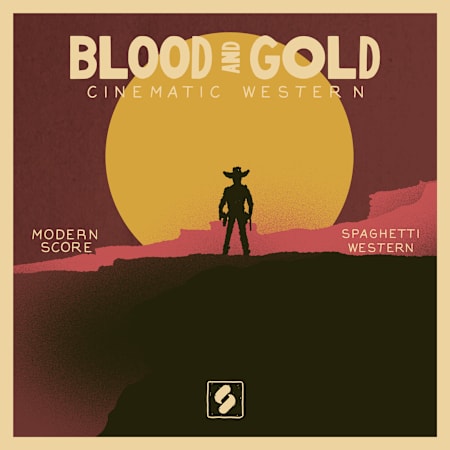In his 91 years on Earth, Ennio Morricone cemented his legacy as one of the greatest and most prolific film composers of all time. He changed the way movies sound. After playing the trumpet in jazz bands in the 1940s, he became a studio arranger for RCA Victor and in 1955 started ghostwriting for film and theatre. All while composing music for artists such as Paul Anka, Mina, Milva, Zucchero, and Andrea Bocelli. From 1960 to 1975, he gained international fame for composing music for Westerns, more specifically, Spaghetti Westerns. Throughout his career, he composed more than 450 film scores, and let's just say his trophy (award) case was quite full of Grammys, Academy Awards, Golden Globes, BAFTAS, etc.
The film genre of Spaghetti Westerns emerged in the mid-1960s in the wake of Sergio Leone's filmmaking style and international box-office success. The term was used by foreign critics as most of these Westerns were produced and directed by Italians (get it?) :). Leone's films and other core Spaghetti Westerns are often described as having eschewed, criticized, or even "demythologized" conventions of traditional U.S. Westerns. This was partly intentional, and partly the context of a different cultural background. It was celebrated by many.
Leone led this film movement with his “Dollars Trilogy”, starring Clint Eastwood: 1964’s A Fistful of Dollars, 1965’s For a Few Dollars More, and 1966’s The Good, the Bad and the Ugly. With an estimated 10 million copies sold, Leone's Once Upon a Time in the West (1968) is among the best-selling scores worldwide. Needless to say, Leone and Morricone, who were former schoolmates, were excellent creative partners. Unlike other filmmakers, Leone encouraged the composer to bring the music to the set. The two understood each other beyond their roles and agreed on everything before filming. This type of access for a composer is almost unheard of to this day, and it allowed Morricone to experiment with electric guitars, trumpet overlays, harmonicas, onomatopoeias, human whistles, and animal howls, all to evoke the atmosphere of the Wild West. This approach was born out of constraints. They had a limited budget, so instead of an orchestra, Morricone got creative with these instruments and special FX.
There's no denying that Morricone could be the first major film composer to be influenced by rock music, but he pulled from a diverse palette of influences, including Italian opera, cabaret, jazz, and the avant-garde. He took a lot in, then spun it into his own flavor of cinematic gold.
The influence of Morricone is wide and varied and continues to have an impact on musicians today. One of the first bands to pay homage was Babe Ruth, a British blues and prog-rock band that included the 1972 song “The Mexican” on their album First Base. References to Morricone could be detected in 1990s post-rock, electronic, and alternative bands like Tortoise, Portishead, and Tindersticks. More recent acts inspired by his compositions include Nick Cave & The Bad Seeds and The Last Shadow Puppets. Countless acts have sampled Morricone's scores including Joey Badass, Bone Thugs-n-Harmony, Busta Rhymes, Eminem, Gorillaz, Snoop Dogg, Wu-Tang Clan, Flying Lotus, Goldfrapp, The Orb, The Pogues, the Ramones, and so many others.
"The Ecstasy of Gold" from the 1966 film The Good, the Bad and the Ugly became one of Morricone's best-known compositions. The opening scene of Jackass Number Two (2006), in which the cast is chased through a suburban neighborhood by bulls, is accompanied by this piece. The Ramones used the song as a closing theme during their live performances, and Metallica has used it as the introductory music for its concerts since 1983. In 2009, the Grammy Award-winning hip-hop artist Coolio extensively sampled the theme for his song "Change".
Spaghetti Westerns could have easily been a blip in time, just a trend or fad in filmmaking. Instead, and largely because of Morricone's scores, their legacy seems to have stood the test of time.


